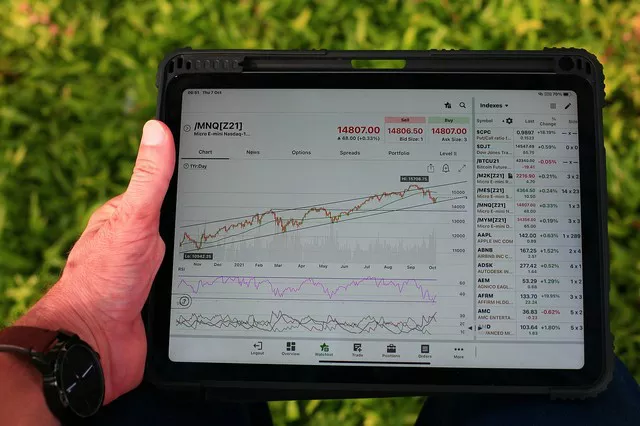Corn futures represent a significant component of the commodities trading market, offering investors the opportunity to participate in the fluctuations of corn prices without needing to physically possess the crop.
Getting Started with Corn Futures Trading
1. Understanding Corn Futures
Corn futures are standardized contracts that obligate the buyer to purchase and the seller to deliver a specific quantity of corn at a predetermined price and future date. Traded on commodities exchanges, these contracts provide a way for participants to speculate on the future price movements of corn.
2. Setting Up a Trading Account
Before you can buy corn futures, you need to open a trading account with a reputable commodities broker. Research different brokers, considering factors such as fees, trading platforms, and customer support. Once you’ve selected a broker, follow their account setup process, which typically involves providing personal information and funding your account.
Conducting Research and Analysis
1. Market Research
Before entering the corn futures market, it’s essential to conduct thorough market research. Stay informed about current events, supply-demand dynamics, weather patterns, and geopolitical factors that could impact corn prices. Utilize financial news sources, industry reports, and analysis from experts to stay up-to-date.
2. Technical and Fundamental Analysis
Employ both technical and fundamental analysis to make informed trading decisions. Technical analysis involves studying price charts and patterns to identify potential trends. Fundamental analysis, on the other hand, examines the underlying factors affecting corn prices, such as crop reports, export data, and global economic trends.
Placing an Order for Corn Futures
1. Choosing the Right Contract
Corn futures contracts come in various sizes and expiration dates. Select a contract that aligns with your trading goals and risk tolerance. The contract’s size determines the amount of corn you’ll be trading, while the expiration date indicates when the contract matures.
2. Placing a Trade
Once you’ve chosen a contract, log in to your trading account and navigate to the trading platform. Enter the details of your trade, including the contract type, quantity, and order type (market order or limit order). A market order executes at the current market price, while a limit order specifies a price at which you’re willing to buy.
Managing Your Corn Futures Trade
1. Monitoring Your Position
After placing your trade, it’s crucial to monitor your position regularly. Track price movements, news developments, and any relevant market indicators. Staying informed will enable you to make timely decisions and adjust your strategy as needed.
2. Implementing Risk Management
Managing risk is a fundamental aspect of futures trading. Set stop-loss orders to limit potential losses and consider using position sizing techniques to determine how much of your capital to allocate to each trade. Diversification can also help spread risk across multiple trades.
Closing Your Corn Futures Position
1. Exiting the Trade
As the expiration date of your corn futures contract approaches, you have a few options. You can choose to close your position before the contract matures by executing an offsetting trade. Alternatively, if you allow the contract to expire, you may be required to take physical delivery of the corn.
2. Rolling Over Contracts
If you wish to maintain your exposure to corn prices, you can roll over your futures contract by closing your current position and simultaneously opening a new contract with a later expiration date. This allows you to extend your trading timeframe without taking delivery of the underlying commodity.
Conclusion
Buying corn futures involves a systematic approach that requires careful research, analysis, and risk management. By understanding the fundamentals of corn futures trading and following the step-by-step process outlined in this guide, you can confidently navigate the world of commodities markets and potentially capitalize on the price movements of corn. Remember that futures trading carries inherent risks, and it’s crucial to continuously educate yourself and stay informed to make informed trading decisions.


